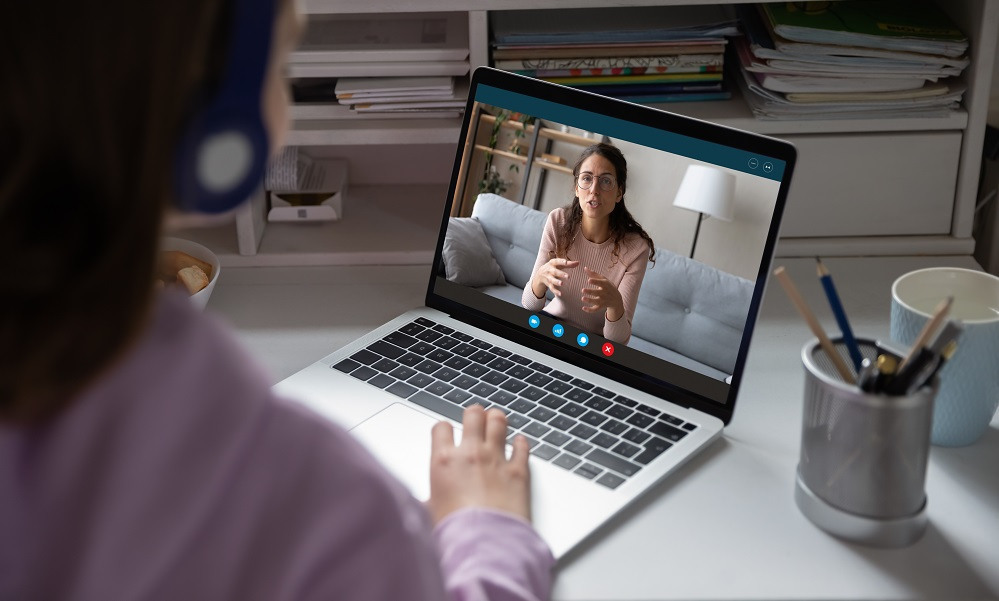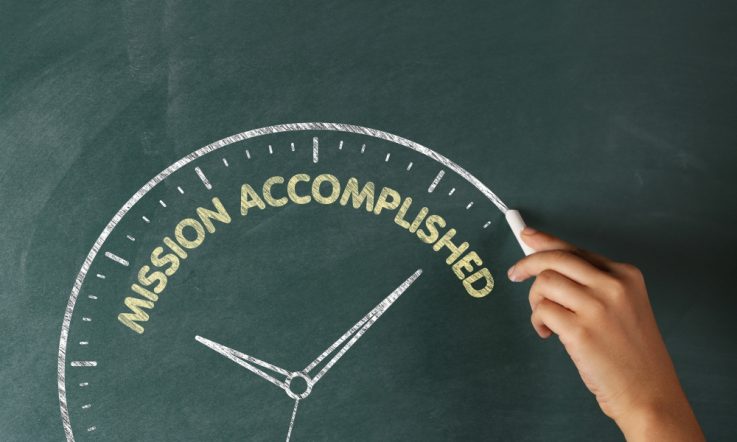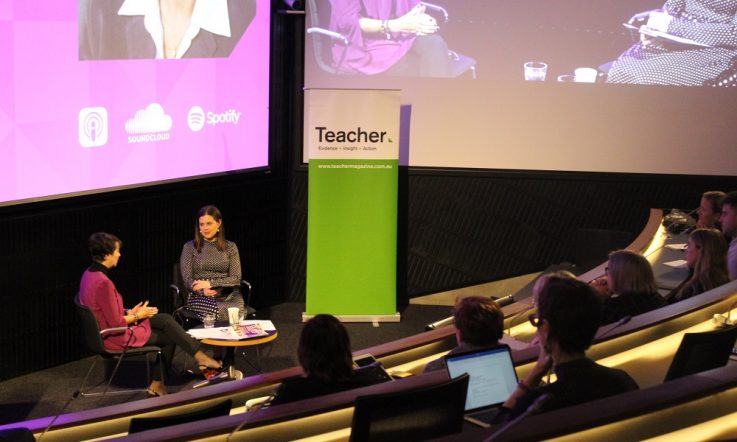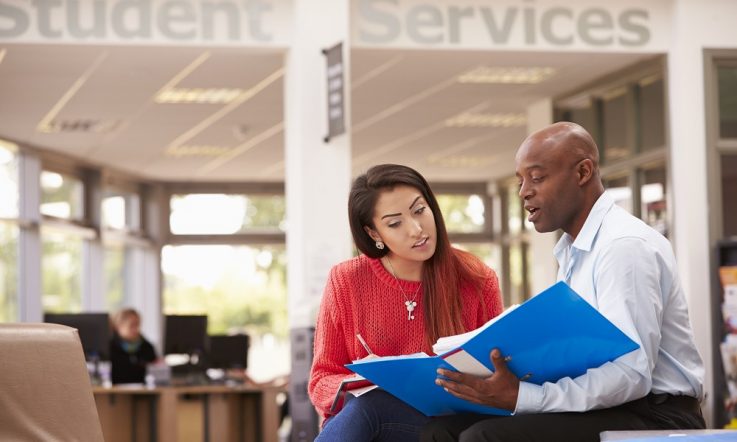The introduction of the Learning Specialist role, as part of the Victorian Government Schools Agreement 2017, has allowed experienced and highly skilled teachers to support colleagues to improve their practice, while still being able to remain in the classroom. In today's reader submission, Nicole Kelly, a Learning Specialist at Ararat Primary School in Victoria explores what this role involves and how it has allowed her to build excellence in teaching and learning within the teaching service.
My appointment as the Learning Specialist at Ararat Primary School has been a fantastic step in my teaching career. After a decade of classroom teaching, experience as a Leading Teacher and a term as Acting Assistant Principal, I was looking for a role that would combine my love of teaching as well as coaching our fabulous staff team. When the position was advertised, I submitted a written application and was interviewed before being offered the role.
Lyn Sharratt, a leading education expert from Canada, speaks about the ‘Knowledgeable Other' in her book Clarity: What matters most in learning, teaching, and leading. Their role is crucial in the school as a person who can lead alongside teachers. She believes that this Knowledgeable Other ‘must be a consciously skilled, highly competent teacher who can clearly articulate and model how to use assessment data to inform instruction and how to work alongside every teacher in every classroom'. (Sharratt, 2018)
For me, this explanation is the one that best suits the Learning Specialist role. These new roles, which have been implemented across Victoria, give schools flexibility to manage their individual learning needs. Primarily educators, Learning Specialists continue in the classroom for a good part of each week. I work in a .8 position and three of these days are teaching a Year 3/4 class. The other day I spend working with staff and students in my role as Learning Specialist.
What the role entails
At Ararat Primary School, we have been examining the idea of what the role entails – for us, it is primarily a literacy-based one. Responsibilities vary between schools, but all Learning Specialists have the capacity to use their knowledge and experience to support their fellow teachers. Learning Specialists are able to model the components of school instructional models in practice, but understand how difficult it is to juggle the elements of teaching, assessment and pastoral care in the classroom. We know first-hand that it doesn't always look perfect. This element of experience and understanding is integral to the role in order to assist other teachers in improving their own practice.
Suzanne O'Brien, a Learning Specialist at Alfredton Primary School in Ballarat, was drawn to the role so that she could inspire and guide others to become the best educators that they can be. The position allows her to do this while still being a part of her lower-years classroom, which she loves. She works in a Prep classroom and is given two hours of time release each week for Learning Specialist duties. Suzanne works with the P-2 team on both literacy and numeracy. She is lucky to have a colleague who is the Learning Specialist for the Year 3-6 team, allowing them to support each other in their role.
For her, the best part of the role is working alongside the staff of her school and being able to overcome obstacles together. ‘It has been very rewarding to watch our staff become more consistent with their planning and their knowledge of HITS [high impact teaching strategies]. This has led to increased engagement and educational outcomes for our students,' she says.
Coaching and observing practice
In my own role, it has meant coaching staff from P-6 in an area of Literacy instruction, which they choose. Completing effective mini-lessons, reading and writing conferences, implementing a writer's workshop and assessing students' writing and reading, have all been areas which staff have been keen to talk about.
At Ararat Primary, being the Learning Specialist means having an open door. Staff are welcome to pop in and watch my own practice whenever they need to. We are provided with time to observe, be observed and to also debrief together. Without a doubt, talking about ideas and what we've seen in the classroom is the most important part of the process. The style and focus of learning is led by the staff member, which has been an essential element.
This week, that learning looked like modelling a running record to a staff member in the middle school, to assist him with gauging the reading levels of students and areas of focus for upcoming guided reading sessions. He then suggested completing the next running record at the same time, in order to moderate them. This led to an interesting conversation about how and why we had scored the child slightly differently. These kinds of experiences and conversations are bringing consistency to our practice.
The recent remote learning experience presented a further challenge to the role. What did a Learning Specialist look like in a remote context? It turned out it was similar, but just using a different platform. Teachers were invited to sit in on guided reading sessions or writing conferences which were held on Zoom. I also recorded a reading conference session to use as a learning opportunity for others.
The role of Learning Specialist means needing to rely on your own capabilities and to trust that you do have the knowledge to share with others. This can be intimidating for educators who are used to being primarily in their own classrooms. The release is in realising that we don't need all the answers. As a Learning Specialist, you have to be willing to acknowledge that we are all learners together. There is no end-point in the learning of being a teacher. I am supported in my role by school leaders, as well as having resources and training opportunities through the Department of Education.
Inevitably, there are challenges within the role of Learning Specialist. For example, juggling leadership commitments and staff learning needs with the needs of your own classroom. But ultimately, being acknowledged as a ‘Knowledgeable Other' in our fabulous school communities is gratifying. Being able to share this knowledge with our staff, while not losing touch with our first love, the students in our classrooms, is the beauty of this unique role.
References:
Sharratt, L. (2018). Clarity: What matters most in learning, teaching, and leading. Corwin Press
Have you considered applying for a Learning Specialist or similar leading teacher role at your school? What have you been doing to prepare for this advancement? What are some of the skills you’d bring to this role?
Are you supported by a Learning Specialist or leading teacher in your school? What are some of the key things you’ve learned from this person? Are you given the opportunity to observe them in practice? How does this strengthen your own work as an educator?



